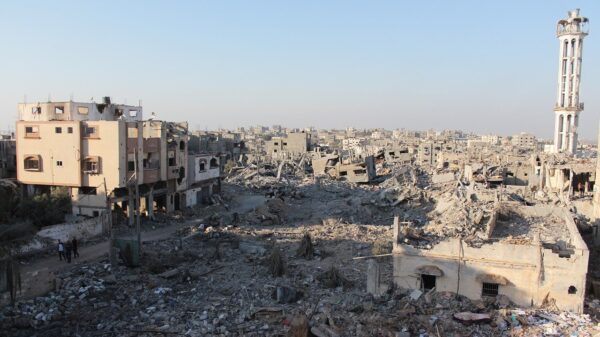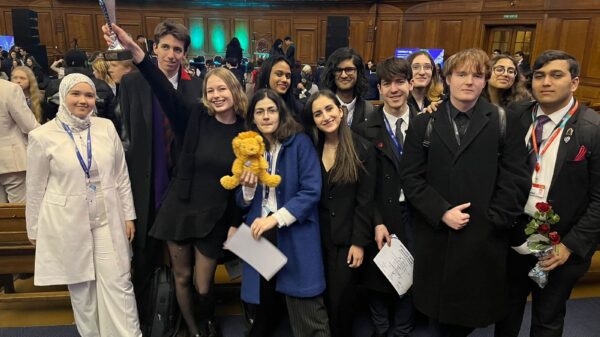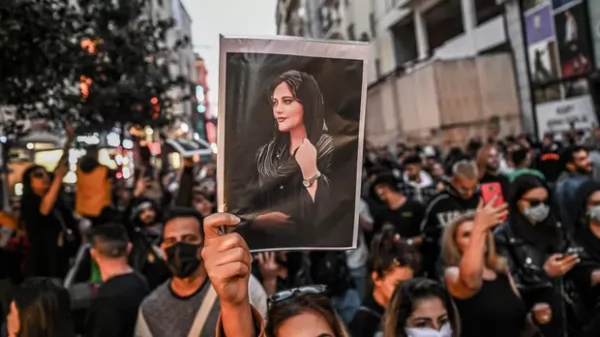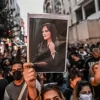Western nations must intervene in Syria to save lives.
Over the last few days the rhetoric regarding Syria has begun to step up, as Western nations look poised to propose some form of intervention in the conflict. But for many, the impulse reaction to the idea of Western governments becoming involved in another Middle Eastern conflict is pure horror, and it’s not difficult to understand why.
For many, the whole situation in Syria brings back painful memories of long, drawn out and bloody conflicts in Iraq and Afghanistan. We are reminded of dodgy weapons inspections, the reports of new offensive after new offensive and most of all, scary images of young men brought back in coffins, cut down in their prime in war zones far away from home.
The post-9/11 desires to fight a pro-active war on terrorism and the humanitarian intervention school of thought have taken a long, drawn out blow over the last decade, as Western power and its applications came under scrutiny from its own citizens, who were tired of their troops dying in what seemed like never ending wars over unsolvable issues.
Hence, with many western voters still conscious of the memories of the past decade, it is hardly surprising opinion polls show staunch opposition to action in Syria. With a YouGov poll showing the 2 to 1 opposition to missile strikes from voters in Britain, the conclusion seems to be that although the situation in the country is clearly disturbing, it has little to do with the West and is not worth the blood of any one of our troops.
Although inaction and turning the other way may seem like relatively harmless and easy opÂtions in what is clearly an increasingly complex and toxic situation, we must understand that taking no position is, in fact, taking a position with huge repercussions. Any decision not to exert power can be as costly, if not more costly, than taking a stand in the region. To illustrate this, we only have to look to history for past lessons.
Nearly two decades ago, the UN and Western nations began to receive alarming messages concerning a fast-moving situation in the Central African country of Rwanda, which was beÂginning to get out of control. For years the country had negotiated an uneasy truce between two sets of different tribal groups, the Tutsi minority, and the ruling Hutu majority. Their differences had roots based in the Belgian colonial rule, and had sporadically broken into violence, but for most of Rwanda’s young history the two sets of people had worked in peace. However, in early 1994, experts from inside and outside the country warned that the peace was breaking down and had the potential to create a toxic conflict.
The event that sparked the conflict came in April 1994, when the Rwandan President’s plane was shot down and Hutu extremists began to take over the country and direct the armed forces in a mass genocide of the Tutsi people. Immediately, calls for action to bring about an end to the slaughter came from inside the country and on the international stage, but the voices airing these opinions were few and thin, and were not located within the right corridors of power.
The West sat idly by, and most people carried on with comfortable lives, with no idea of the carnage that was unfolding within Rwanda. In what came to be known as the ‘100 days of slaughter’, the Hutu extremists carried out an ethnic genocide which left around 10% of the population (or 1 million Tutsis and moderate Hutu people) dead, millions of women traumatised by rape as well as widowed, and thousands more haunted by life-changing injuries. For officials in the Clinton administration in America at the time, Rwanda was simply a foreign policy issue that was not important to them. An issue that wasn’t important to them left 1 million killed and a nation torn apart, as the West turned the other cheek and convinced itself nothing was happening in Rwanda, or at least that there was nothing they could do about it.
And if we flick back even further through the history books that form our collective conÂscience, we’ll find a perhaps more famous example of turning the other cheek. On the 30th September 1938, British Prime Minister Neville Chamberlain returned home to a hero’s welÂcome in Britain. His great achievement? He had just obtained a phoney peace with Adolf Hitler. Many appeasers took to the streets and celebrated the agreement, which they believed would keep British troops away from war and death, and keep Britain out of a brewing conflict in Europe which had little to do with old Blighty.
But sadly, the rest was history, and the Anglo-German agreement only bought Britain a little more time with a false sense of security, while the people of Eastern Europe met their fate with no international figures prepared to use their power and take a stand to defend them.
Somalia, Bosnia, Darfur, and many others are names of places or events that should join Rwanda and the Anglo-German agreement as moments in history when we stood by and looked the other way. We were too afraid to risk our boys, and instead left millions consigned to death beds while we kept our hands clean of any blood. In these cases our inaction was a conscious decision with multiple consequences.
The point here is not that Syria is the same situation as Rwanda in the 1990s or Germany in the 1930s. It is simply that Western nations have a power which, if applied effectively and in the right way, can save many lives and protect vast populations. This power is costly, and the cost may well be brave troops. Certainly war is never the easy decision, but any decision not to use the power that we possess does have consequences, and we must factor those consequences in when making decisions about whether to intervene on humanitarian grounds in other countries.
We cannot simply stick our heads in the sand and convince ourselves that no action is the end of the Syrian story, because for thousands of Syrians, any decision of ours not to intervene may be the beginning of new, dark chapters in their own personal stories.


















